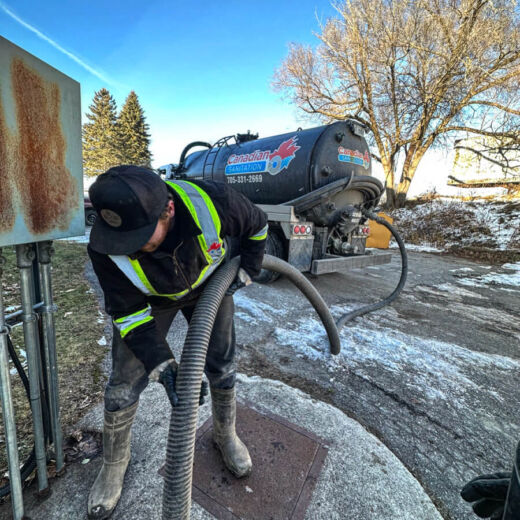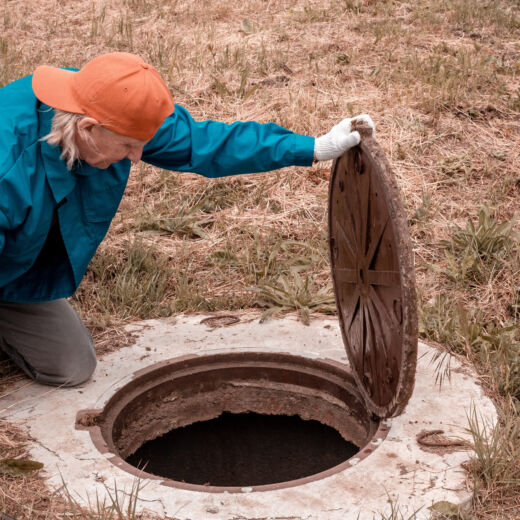Over the last few years, septic systems have undergone innovative improvements that have increased their lifespan, allowed for repairs over expensive replacements, and facilitated a more environmentally friendly process.
Unfortunately, not all septic service providers have kept up with advanced septic tank technology. The result? Outdated service recommendations, incomplete inspections, and unnecessary replacements that cost rural homeowners thousands of dollars.
Septic service providers that embrace modern technologies ensure that clients receive accurate assessments and the most practical solutions for their specific needs. In this article, we highlight some of these advanced technologies that have revolutionized septic systems.
Early Detection Systems
One of the key advancements in septic emergency response is the development of early detection systems. For instance, pressure sensors and flow meters can provide critical information about the condition and performance of septic tanks. Additionally, remote monitoring systems can alert homeowners, septic professionals, or local authorities in real time if a problem is detected. This early warning system enables proactive intervention, preventing emergencies and reducing the potential for environmental contamination.
These advanced systems utilize cutting-edge septic tank technology to detect abnormalities such as high water levels, pump failures, or other critical malfunctions. When a problem is identified, the alarm system promptly notifies the homeowner, allowing for immediate attention and intervention.
Advanced Treatment Technologies
In addition to early detection and monitoring, advanced treatment technologies have emerged to address septic emergencies. These innovations include advanced aeration systems, biological treatment processes, and eco-friendly additives that enhance the breakdown of waste.
Sludgehammer is a leading name in wastewater engineering, revolutionizing the field through the integration of sophisticated microbiology. Their approach harnesses the power of microorganisms to transform wastewater treatment. These microscopic agents play a pivotal role in breaking down organic matter, reducing pollutants, and ultimately purifying the water. Sludgehammer engineers solutions that not only meet regulatory standards but also contribute to sustainable and eco-conscious wastewater management.
Sustainable Wastewater Filtration
Waterloo Biofilters stands out as a sustainable septic technology, utilizing a patented filter medium renowned for its exceptional resistance to clogging. This solution effectively reduces nitrogen levels by up to 65%, addressing health and environmental issues linked to high nitrogen concentrations in water sources. Its compact size and efficient nitrogen removal capacity enable higher development densities in rural areas and open up previously unusable land for housing purposes.
Freeze Protection Systems
Freeze protection systems like Heatline are cutting-edge solutions designed to safeguard pipes, water lines, and other critical infrastructure from the damaging effects of freezing temperatures. These advanced systems use innovative heating technology to prevent water from freezing within pipes, ensuring uninterrupted flow even in the harshest winter conditions – a factor that is critical in cold climates like Canada.
Whether in residential, commercial, or industrial settings, Heatline Freeze Protection Systems provide a reliable and cost-effective means of winterizing plumbing systems, offering peace of mind to property owners and facility managers alike.
Moving Forward With New Septic System Technology
In summary, septic system technology is a crucial part of modern wastewater management. It has come a long way, from basic designs to advanced systems using cutting-edge methods. These technologies not only treat household wastewater effectively but also protect the environment and public health.
Continued research promises even better efficiency and sustainability. Recognizing the importance of septic systems helps us use water responsibly and maintain a healthy ecosystem. Embracing these advances ensures a cleaner, healthier future for all.




